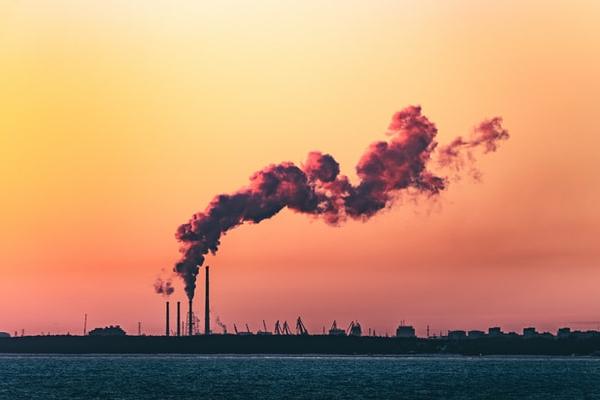
Let’s throw in another reason why companies will feel more pressure to make the circular economy a reality sooner rather than later: By 2030, the entire U.S. plastic manufacturing sector could become a larger polluter than coal, according to a new report.
The nonprofit coalition Beyond Plastic says it has crunched the numbers and found that the plastics sector releases more than 230 million tons of greenhouse gases (GHG) a year. That number isn’t seen getting smaller at any point soon: During 2020 (the pandemic’s result in a surge of single-use packaging was a factor, clearly), the plastics industry released 10 million more tons of GHG than over the previous year. With construction on 12 new plastics manufacturing facilities underway, along with another 15 on the drawing board across the U.S., that expansion along could result in 40 more million tons of GHGs emitted into the atmosphere by 2025.
Researchers at Beyond Plastic based their claims on data they mined from U.S. government agencies including the Environmental Protection Agency (EPA), the Energy Information Agency (EIA) and the U.S. International Trade Commission, along with data from the Environmental Integrity Project. In a swipe at U.S. plastic manufacturers, the reported noted that “Reports generated by the plastics industry are incomplete, and consequently understate the quantities of gases, especially methane gas, it releases.”
Methane gases from fracking linked to the manufacture of plastics alone total 1.5 million tons alone, says the report.
In contrast, coal, no matter what that industry’s allies in government and the private sector may try to accomplish, has long been on the decline, as reported over the years on TriplePundit and other publications including Forbes. The waning of the coal industry has been driven by economics, as renewables have become more competitive in performance and price, while natural gas – which has its own drawbacks – has also become a far more cost-effective option for power generation companies as new power plants are built.
Nevertheless, even if 65 percent of U.S. coal-fired power plants have been shuttered, the growth of the plastics industry risks cancelling out such GHG reductions, concludes Beyond Plastic.
“The fossil fuel industry is losing money from its traditional markets of power generation and transportation. They are building new plastics facilities at a staggering clip so they can dump their petrochemicals into plastics. This petrochemical buildout is cancelling out other global efforts to slow climate change,” said Judith Enck, former EPA Regional Administrator and President of Beyond Plastics, in a public statement.
The Vermont-based organization further claims its conclusions are actually are on the conservative side. Among the drivers of this surge in plastic-related GHG emissions include hydrofracking, the processing and transport of fracked gases, ethane gas cracker plants, the export and import of plastics feedstocks and municipal waste incineration of plastic waste.
Beyond Plastic adds that failure to acknowledge and reduce plastics’ contribution to climate change worldwide could undercut any progress made during the upcoming COP26 talks in Glasgow.
Image credit: Marek Piwnicki via Unsplash

Leon Kaye has written for 3p since 2010 and become executive editor in 2018. His previous work includes writing for the Guardian as well as other online and print publications. In addition, he's worked in sales executive roles within technology and financial research companies, as well as for a public relations firm, for which he consulted with one of the globe’s leading sustainability initiatives. Currently living in Central California, he’s traveled to 70-plus countries and has lived and worked in South Korea, the United Arab Emirates and Uruguay.
Leon’s an alum of Fresno State, the University of Maryland, Baltimore County and the University of Southern California's Marshall Business School. He enjoys traveling abroad as well as exploring California’s Central Coast and the Sierra Nevadas.














